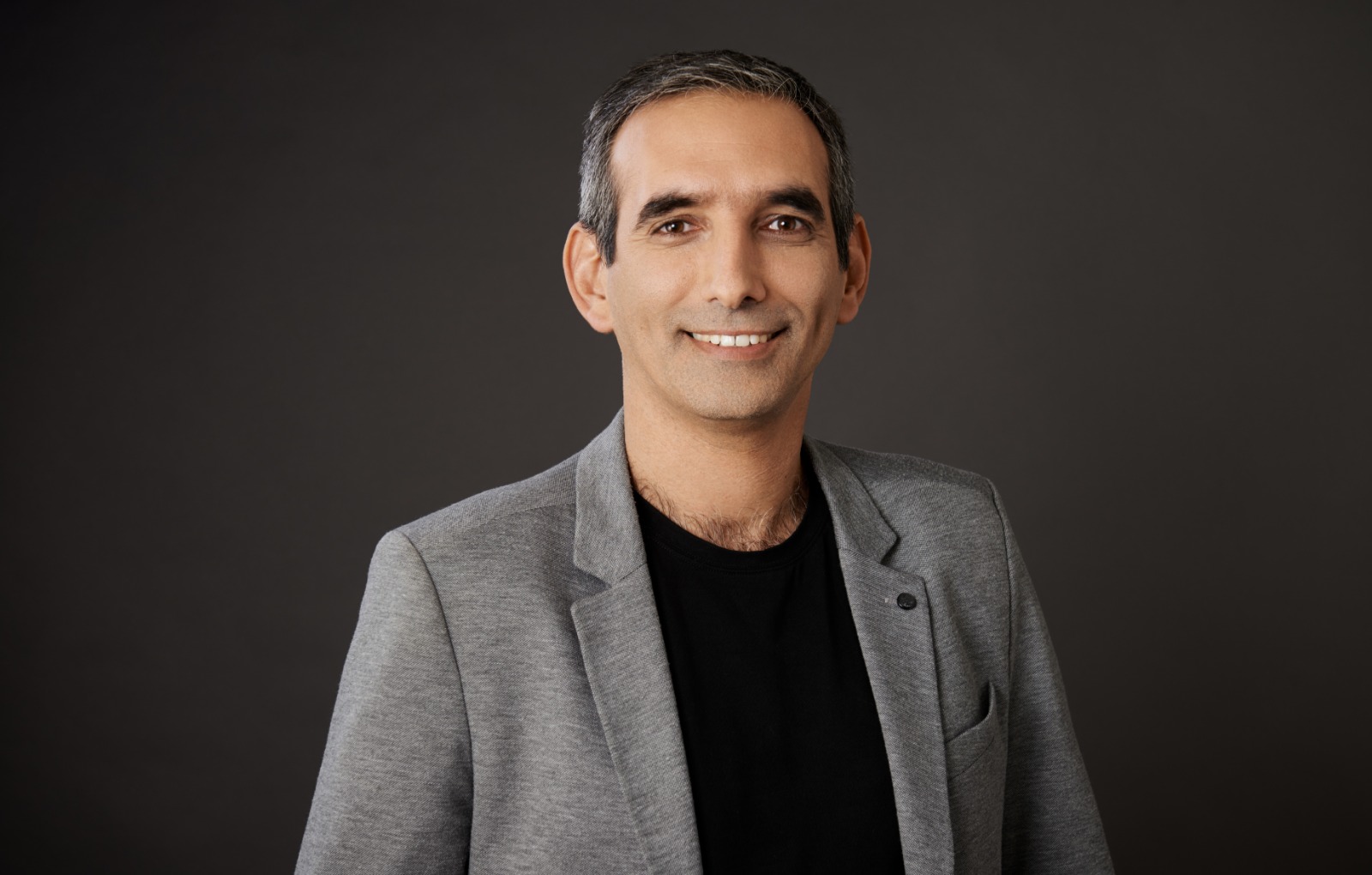
To the State of Israel and all its inhabitants,
“One who is in the darkness can see what’s in the light, and one who is in the light cannot see what's in the darkness. And the Holy one can see both, inside the darkness and the light, as it is written: God knew darkness…”. (Midrash Tanchuma for the book of Exodus 27, 8)
Until not long ago, I lived in a public housing apartment block in Sderot. Most of my neighbors were Russian-speaking and Moroccan-speaking elderly people. One day, due to the poor infrastructure, the gas company decided to stop supplying gas, without prior notice, and not change all gas balloons, due to safety issues. There was no prior conversation or assistance to the elderly and the hard-working people to get organized or to help them understand the issues or how to solve them.
I was fortunate to be at the right place at the right time, following the saying of Hillel the Elder, “In a place where there are no people, try to be a man”. After multiple attempts turning to the municipality and the media for help, the infrastructure issues were fixed and the gas balloons continued to be replaced.
This little experience revealed to me, once again, the gigantic difficulty to see those who are in the dark.
Social-economic lightness and darkness are forever relative. A person can live in a poor apartment compound and be dazzled by light, compared to his neighbors. Therefore, in order to see what’s in the dark, you need to put in a lot of effort. Before we ask for peace at the end of every standing prayer, we pace three steps back. In order to step out of the light and to succeed and see what’s in the dark, we must be “under the influence” of some of the divine values.
For Israel’s Independence day, a country that I love, worry about, and demand of it to be better, I wish we will be able to see those and that which are in the darkness, such as: children of the periphery that receive fewer opportunities that children who come from a financial and geographical middle class, families who live in poverty and don’t have food security, Bedouin residents who live in unrecognized villages, those who are not well connected, persecuted members of the LGBTQ community, women, Arabs and all others who are discriminated against.
Every child needs a village to see him. Every person needs someone who will help them to be at the light and see the darkness, all at the same time. I hope we will succeed.
Sincerely,
Avi Dabush


Avi Dabush grew up in Ashkelon in an Orthodox religious household. He is one of the founders of “The Negev Council” and the Movement of the Periphery. Avi also serves as the CEO of Rabbis for Human Rights. He is studying to be a Rabbi at the Beit Midrash for Israeli Rabbis at the Shalom Hartman Institute and Oranim College. He lives on the outskirts of the Gaza Strip. Avi is the father of two boys.